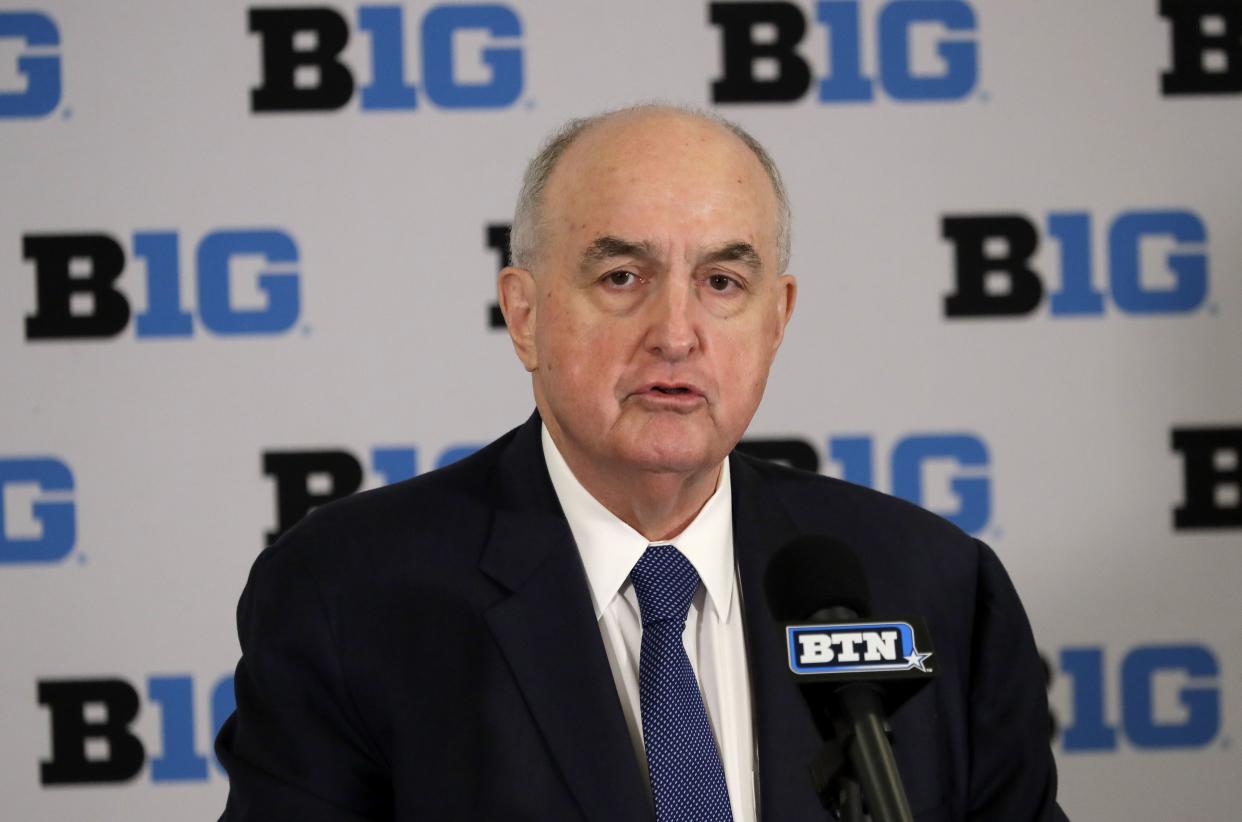Students sue Indiana University over COVID vaccine requirement
A group of students at odds with Indiana University over its coronavirus vaccine policy has filed a lawsuit requesting the school be forbidden from requiring the shots.
The rule mandates all students, faculty and staff be vaccinated or get an exemption for religious or medical reasons before starting in the fall. But eight new and returning students, in a lawsuit filed Monday in U.S. District Court in Indiana, argued the requirement violated state law and the 14th amendment, which says that no state shall “deprive any person of life, liberty, or property, without due process of law.”
It comes after a group of Republican lawmakers last month wrote a letter to Indiana University President Michael McRobbie urging him to reconsider the rule.
“We find ourselves on the cusp of victory over an enemy we have come to know as the novel coronavirus. Between the loss of life, livelihoods, and liberties once taken for granted, COVID19 — as well as federal and state government reaction to it — has impacted all Hoosiers and all Americans,” it reads.
“We have grave concerns regarding your latest decision to mandate the COVID-19 vaccine for all students, staff, and faculty at all Indiana University campuses — a vaccine that has only an emergency-use authorization, rather than full FDA approval. This heavy-handed mandate goes against many of the liberties on which our founders built our democratic republic.”

The letter was met with a nonbinding opinion from the state attorney general, Todd Rokita, who concluded public universities are “arms of the state” and therefore, must abide by the law prohibiting vaccine passports. He noted however that while universities should not be allowed to require proof, they are allowed to require the vaccination itself.
Following Rokita’s ruling, Indiana University changed the policy from requesting students to upload documentation of their vaccine status to having them fill out an online form on the school’s website.
In the lawsuit, the students argue filling out the form to certify they have been vaccinated and reporting the dates is a violation of the law because it means they have to provide proof they have been vaccinated.
The group of plaintiffs include two incoming freshmen, two incoming sophomores, a senior, an incoming first-year law student, a student pursuing a master’s degree in business administration, and a doctoral candidate.
Six of the students have received exemptions based on religious beliefs but he other two don’t qualify for exemptions, according to the suit.
“The requirement for all Indiana University students, faculty and staff to be fully vaccinated before the return to school in August remains in place,” Indiana University spokesperson Chuck Carney told CNN Tuesday. “As part of IU’s response to the ongoing pandemic, the vaccine mandate is helping to support a return to safe and more normal operations this fall. The university is confident it will prevail in this case.”
